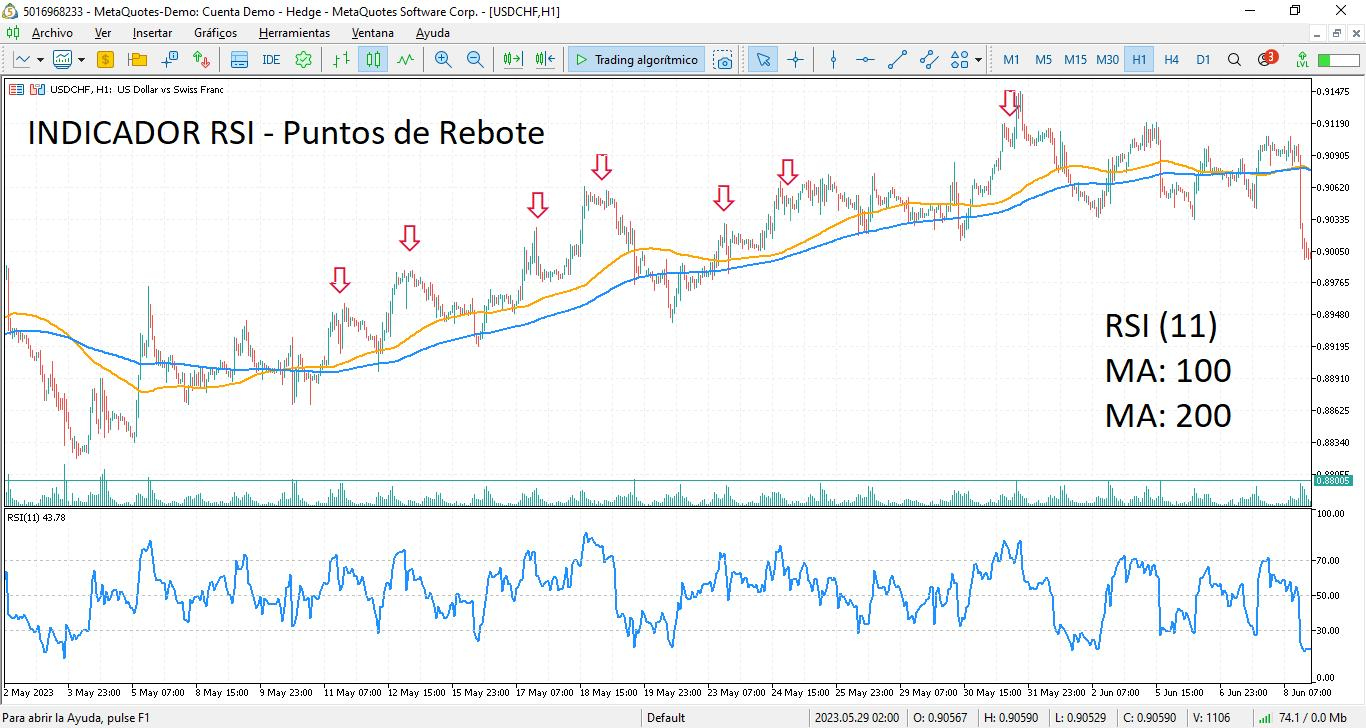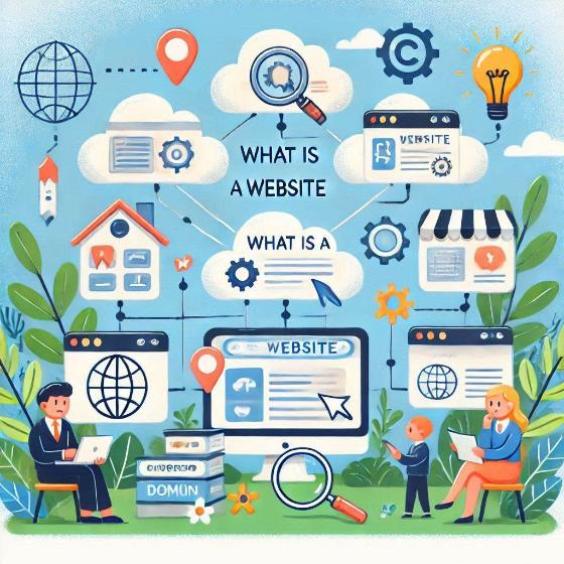The Role of Big Data in Marketing Campaign Optimization
In the current digital age, the amount of data generated by online interactions is overwhelming. Big Data has become a key component for companies looking to improve their marketing strategy and reach their customers more effectively. In this article, we will explore the role of Big Data in optimizing marketing campaigns and how it can help companies make informed decisions and improve their results.

What is Big Data?
Big Data refers to the large amount of structured and unstructured data generated through various sources such as social networks, websites, mobile applications, and sensors. These data can be analyzed and processed to obtain valuable information about customer behavior, preferences, and needs.
How is Big Data used in marketing?
Big Data is used in marketing in several ways:
- Customer data analysis: information about customers, such as their purchases, behaviors, and preferences, is analyzed to create detailed and personalized profiles.
- Market segmentation: Big Data is used to segment the market into specific groups based on their characteristics and behaviors.
- Creation of personalized campaigns: data is used to create personalized marketing campaigns that fit the needs and preferences of each group of customers.
- Performance measurement: Big Data is used to measure the performance of marketing campaigns and adjust them in real time.
Benefits of using Big Data in marketing
Using Big Data in marketing offers several benefits, including:
- Improved efficiency: waste of resources is reduced and marketing campaign efficiency is increased.
- Increased accuracy: marketing campaign accuracy is improved thanks to detailed customer information.
- Improved customer experience: a more personalized and relevant customer experience is created.
- Increased profitability: marketing campaign profitability is increased thanks to cost reduction and efficiency improvement.
Challenges and limitations of using Big Data in marketing
Although Big Data offers many benefits in marketing, there are also challenges and limitations that must be considered:
- Data complexity: data can be complex and difficult to analyze.
- Privacy and security: customer data must be protected and their privacy and security guaranteed.
- Costs and resources: resources and budget are required to analyze and process data.
- Constant change: data and trends constantly change, requiring continuous adaptation.
Big Data is a key component for companies looking to improve their marketing strategy and reach their customers more effectively. Although there are challenges and limitations, the benefits of using Big Data in marketing are clear. By analyzing and processing data, companies can create personalized marketing campaigns, improve efficiency, and increase profitability. In the current digital age, Big Data is an essential tool for any company looking to succeed in the market.





